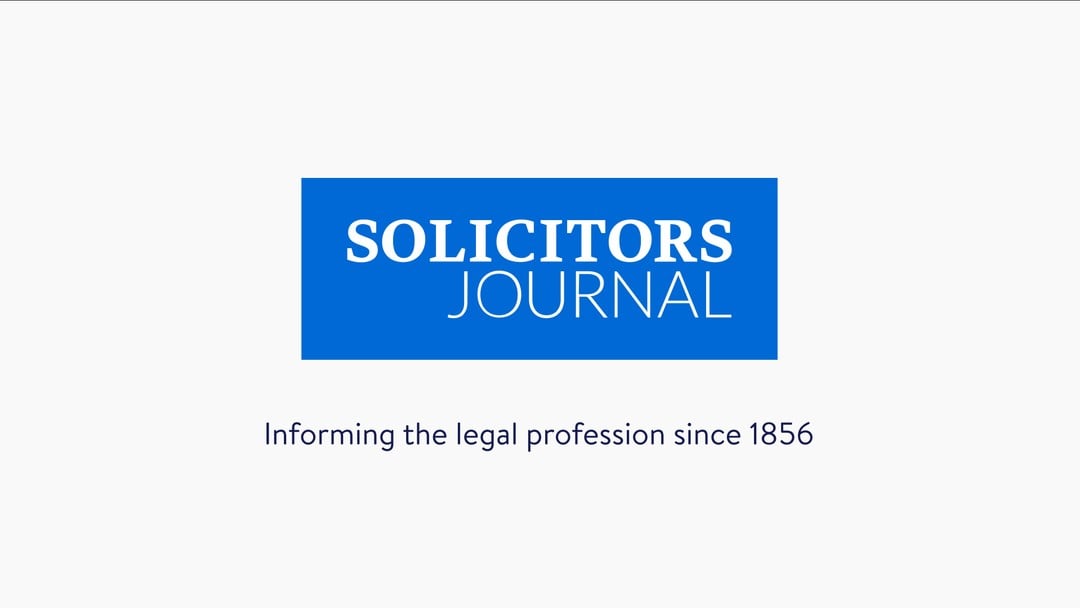Going to extremes

If proposed counter-extremism measures are too liberally applied, they will fundamentally undermine the very freedoms that the government hopes to protect, writes Charles Streeten
'For too long we have been a passively tolerant society, saying to our citizens, as long as you obey the law we will leave you alone.' So the prime minister introduced proposals for a Counter-Extremism Bill in
May 2015.
To some, that statement jars with the classic exposition of the rule of law in R v Somerset County Council ex parte Fewings that as a citizen 'you may do anything you choose which the law does not prohibit'. But the government has extremism firmly in its legislative sights. It has since published a Counter-Extremism Strategy and announced the Counter-Extremism and Safeguarding Bill.Government strategy defines extremism as 'the vocal or active opposition of our fundamental values, including democracy, the rule of law, individual liberty, and the mutual respect and tolerance of difference faiths and beliefs'. It is this that the proposed Bill seeks to exorcise through measures such as:
-
Banning orders enabling the home secretary to exclude extremist groups;
-
Extremism disruption orders to enable police forces to prevent individuals from engaging in extremist behaviours;
-
Closure orders that mean the police or local authorities can apply to close down premises used to support extremism; and
-
Greater powers for Ofcom to tackle media that broadcasts extremist content.
Unsurprisingly, the proposals have been subject to trenchant criticism. A coalition including Liberty, the Muslim Council of Britain, and Sir Peter Fahey, the former national policing lead for Prevent, has highlighted that terrorism in all its forms is already a criminal offence, as is speech which promotes hatred. The group suggests the Bill simply gives the government permission to exclude those it disagrees with from the public space.
David Anderson QC, the independent reviewer of terrorism legislation, has himself pointed to the difficulty in adequately defining extremism. He made it clear that parliament should scrutinise the Bill's consistency with the European Convention on Human Rights and examine the reason for resorting to additional civil orders and removing the protections inherent in a jury trial in light
of the existing means of protection, including so-called 'precursor' offences under the Terrorism Acts.The Terrorism Act 2000 lists organisations proscribed by the secretary of state because they are involved in terrorism (including promoting, encouraging, or glorifying terrorism). Membership of or support for a proscribed organisation is a criminal offence under the 2000 Act, as is distributing a terrorist publication under the Terrorism Act 2006. These Acts, in combination with the Racial and Religious Hatred Act 2006, already provide law enforcement bodies with a powerful armoury when tackling terrorism.
Extremism disruption and banning orders seem hard to justify in light of the ability to proscribe terrorist organisations and the panoply of existing criminal offences. It is also difficult to see the need for additional closure powers, not least after the recent decision in Metropolitan Police v Anatolian People's Cultural Centre, where Westminster Magistrates' Court made the first closure order against premises associated with terrorism under the Anti-social Behaviour, Crime and Policing Act 2014.However, the government's strategy makes clear that the aim of the proposed Bill is to counter 'the ideology of non-violent and violent extremists alike'. This is the key distinction: the government intends to restrict even non-violent extremism. Curtailing the freedom to express opinions that do not incite violence risks interfering with the very rights the government regards as fundamental to British society.
In Gunduz v Turkey, the European Court of Human Rights ruled that the criminal prosecution of the leader of an Islamic sect, for inciting racial hatred when he expressed apparently 'extremist' views criticising democracy during a radio interview, was a disproportionate interference with his article 10 right to freedom of expression under the convention. Indeed, absent a call to violence or a threat to public order, that court has been reluctant to sanction the restriction of extreme views.
It should, however, be noted that in Soulas v France it upheld the criminal conviction of individuals who had published a book characterising Muslims as an enemy group.
The success of the counter-extremism measures proposed will probably turn on their application. If those with responsibility for applying the suggested powers exercise sufficient restraint, the Counter-Extremism Bill may have a place in promoting national security.
If, however, the powers are too liberally applied, they will fundamentally undermine the values of pluralism and tolerance that the government hopes to protect.
 Charles Streeten is a barrister practising from Francis Taylor Buildings and appeared for the Metropolitan Police in the Anatolian People’s Cultural Centre case @FTB_law www.ftbchambers.co.uk
Charles Streeten is a barrister practising from Francis Taylor Buildings and appeared for the Metropolitan Police in the Anatolian People’s Cultural Centre case @FTB_law www.ftbchambers.co.uk

